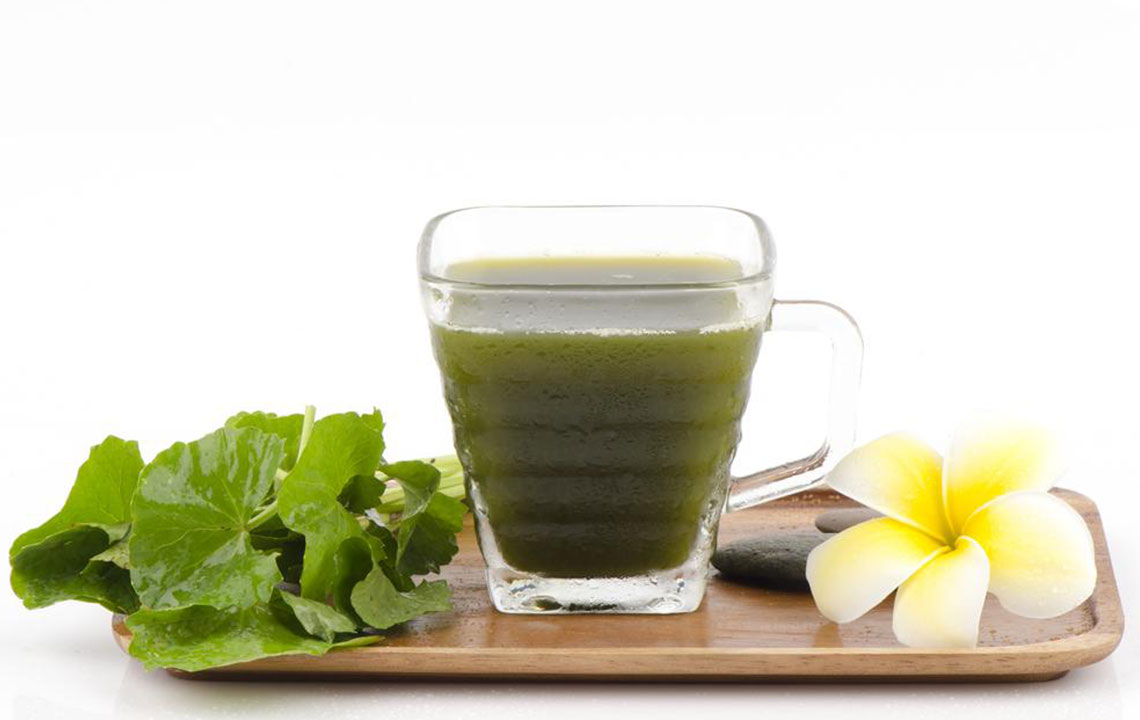Comprehensive Dietary Approaches to Manage Uric Acid Levels and Prevent Gout
Discover comprehensive dietary strategies to effectively manage uric acid levels and prevent gout. From lemon water to apple cider vinegar, learn how natural foods and lifestyle habits can promote joint and kidney health, reduce inflammation, and support overall well-being. This detailed guide offers practical tips for maintaining a balanced, low-purine diet to ensure better health and quality of life.

Comprehensive Dietary Approaches to Manage Uric Acid Levels and Prevent Gout
Maintaining healthy uric acid levels is a vital aspect of overall health and wellness. Elevated uric acid can lead to a variety of health issues, including gout, kidney stones, and renal complications. Uric acid tends to accumulate in joints, resulting in intense pain, inflammation, and discomfort. The most effective way to combat this problem is through a well-planned diet low in purines, which are naturally occurring compounds that contribute to uric acid formation during metabolic processes. Embracing specific dietary strategies can significantly reduce uric acid levels and support the body’s natural detoxification processes.
To manage and regulate uric acid effectively, including certain foods and lifestyle habits is essential. Below, we explore in detail some of the most beneficial dietary practices that people can adopt to prevent excess uric acid buildup and promote joint and kidney health. These strategies are backed by scientific research and are proven to be safe and effective when incorporated into a balanced diet.
Leverage the Power of Lemon Juice
Although lemon juice is acidic in nature, it exhibits an alkalizing effect once metabolized, which helps balance the body’s pH levels. This alkalizing property is essential because an imbalance toward acidity can intensify uric acid crystallization. Lemon juice is also rich in vitamin C, a powerful antioxidant that enhances the body's ability to excrete uric acid. Regular consumption of lemon juice can thus play a crucial role in lowering uric acid levels, reducing the risk of gout attacks and related complications.
To incorporate lemon juice into your daily routine, squeeze the juice of one fresh lemon into a glass of warm water. Consuming this mixture on an empty stomach in the morning maximizes its health benefits. You can add a teaspoon of honey for added flavor, but avoid overly sweetened beverages to keep it healthy and effective. Consistent intake of lemon water over time can contribute to better uric acid regulation and improved overall health.
Utilize Apple Cider Vinegar as a Natural Detoxifier
Apple cider vinegar (ACV) has gained popularity as a natural remedy for various health concerns, including uric acid management. It contains malic acid, which aids in breaking down uric acid crystals and facilitating their removal through the bloodstream. The detoxifying properties of ACV can support liver health and enhance the body's waste elimination processes, helping maintain optimal uric acid levels.
Mix one teaspoon of raw, unfiltered apple cider vinegar into a large glass of water. It is advisable to drink this mixture two to three times daily, particularly before meals, to promote effective digestion and waste removal. Regular use of ACV can help dissolve uric acid deposits, reduce joint inflammation, and enhance overall metabolic health.
Control Uric Acid with Baking Soda
Baking soda, or sodium bicarbonate, is an alkalizer that can help neutralize excess acidity in the body. By adjusting the body's pH to a more alkaline state, baking soda facilitates the breakdown and expulsion of uric acid. Proper pH balance is crucial because it reduces the tendency of uric acid to crystallize in joints and tissues.
To harness baking soda’s benefits, dissolve about one and a half teaspoons in a glass of water. It is recommended to consume this solution four times a day, especially during acute gout episodes or as a preventive measure. However, individuals with hypertension or kidney issues should consult their healthcare provider before using baking soda regularly.
Incorporate Healthy Fats from Olive Oil
Olive oil is renowned for its rich content of vitamin E and antioxidants, which support cartilage health and reduce inflammation. These properties are beneficial for individuals managing uric acid levels because they help protect joints from oxidative stress and diminish the severity of gout symptoms. Replacing less healthy fats with olive oil in cooking and salads can have positive effects on uric acid regulation.
Use extra virgin olive oil as a primary fat source in your diet, incorporating it into salads, vegetables, and grilled dishes. Its anti-inflammatory properties not only promote better joint health but also support cardiovascular health and overall well-being.
Adopt a Balanced, Low-Purine Diet
Diet plays a pivotal role in controlling uric acid levels. Consuming a low-purine diet involves limiting foods high in purines, such as red meats, organ meats, certain seafood, and alcoholic beverages. Instead, focus on fruits, vegetables, whole grains, and low-fat dairy products, which tend to have lower purine content and support healthy uric acid levels.
Maintaining proper hydration by drinking plenty of water throughout the day is also crucial. Adequate water intake helps dilute uric acid in the bloodstream and facilitates its excretion through urine. Additionally, avoiding sugary drinks and processed foods can reduce the risk of uric acid buildup.
In summary, a holistic approach that combines dietary adjustments, lifestyle modifications, and hydration is key to effectively managing uric acid levels. By adopting these strategies, individuals can reduce their risk of gout and other related health issues, leading to a healthier, more active life.
Implementing these dietary tips requires consistency and mindfulness but can lead to significant health benefits over time. Always consult with a healthcare professional or a registered dietitian before making substantial changes to your diet, especially if you have existing health conditions or are on medication.
Biological health is complex, and personalized advice can ensure you choose the safest and most effective strategies for your unique needs.




